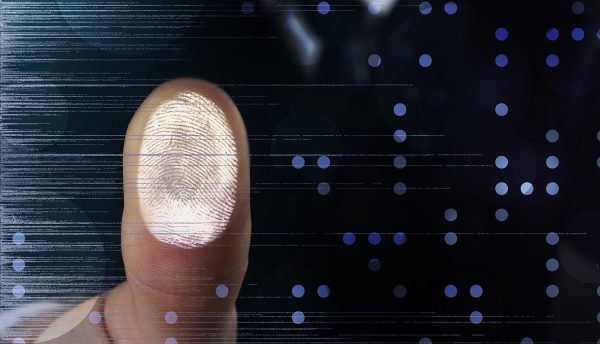Union Home Minister Amit Shah congratulated the team of National Automated Fingerprint Identification System (NAFIS) of the National Crime Records Bureau (NCRB) for securing the Gold Award in the Excellence in Government Process Re-engineering for Digital Transformation Category-1.
The accolade, conferred by the Department of Administrative Reforms and Public Grievances (DARPG), stands as a testament to the exceptional efforts of the NAFIS team in achieving a new standard of efficient governance. The Gold Award recognizes NAFIS for its commitment to crafting an impregnable fingerprint identification system, aligning with Prime Minister Narendra Modi’s vision for a secure India.
NAFIS: Catalyst for Enhanced Criminal Detection and Investigation
The Ministry of Home Affairs underscored NAFIS’s pivotal role in revolutionizing the landscape of fingerprint identification systems within crime control. The establishment of a central database containing fingerprints of criminals accessible to users across all States, Union Territories, and Central Agencies has significantly augmented the efficiency and effectiveness of criminal detection and investigation processes.
NAFIS: Streamlining Criminal Tracing Across the Nation
The impact of NAFIS on crime control has been profound. Its introduction has streamlined the process of tracing inter-state criminals’ involvement in various criminal activities, transcending geographical boundaries. The system has enabled law enforcement agencies to carry out their duties with enhanced ease, precision, and efficiency, reinforcing the fight against crime on a national scale.
NAFIS: Empowering Law Enforcement through Cutting-edge Technology

NAFIS is a centralized searchable database for crime and criminal-related fingerprints. Managed by the National Crime Records Bureau (NCRB) at the Central Fingerprint Bureau in New Delhi, this web-based application aims to gather fingerprint data of criminals across all states and Union Territories.
One of NAFIS’s distinguishing features is its assignment of a distinctive 10-digit National Fingerprint Number (NFN) to each individual arrested for a crime. This NFN serves as a lifelong identifier, linking different crimes registered under multiple FIRs to the same unique ID. This innovative approach not only streamlines recordkeeping but also bolsters the overall effectiveness of criminal investigations.
The National Crime Records Bureau: Guardian of Crime Data
The National Crime Records Bureau (NCRB), established on March 11, 1986, under the aegis of the Ministry of Home Affairs, Government of India, plays a pivotal role in gathering and analyzing crime-related data as defined by the Indian Penal Code (IPC) and Special and Local Laws (SLL). Headquartered in New Delhi, the NCRB stands as a crucial element in the country’s crime control efforts.
Key Points for Competitive Examinations
- Director of National Crime Records Bureau (NCRB): Vivek Gogia




 T.K. Oommen Passes Away at 88: A Pillar ...
T.K. Oommen Passes Away at 88: A Pillar ...
 What Does ‘Anjadip’ Mean? Inside the Nam...
What Does ‘Anjadip’ Mean? Inside the Nam...
 PM Modi to Inaugurate ₹20,000 Crore Micr...
PM Modi to Inaugurate ₹20,000 Crore Micr...








